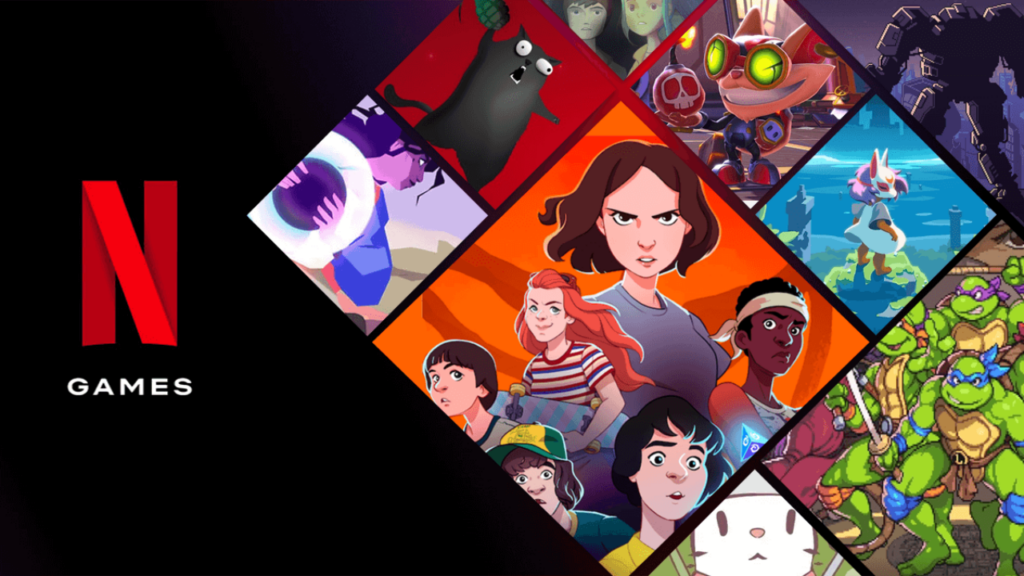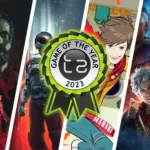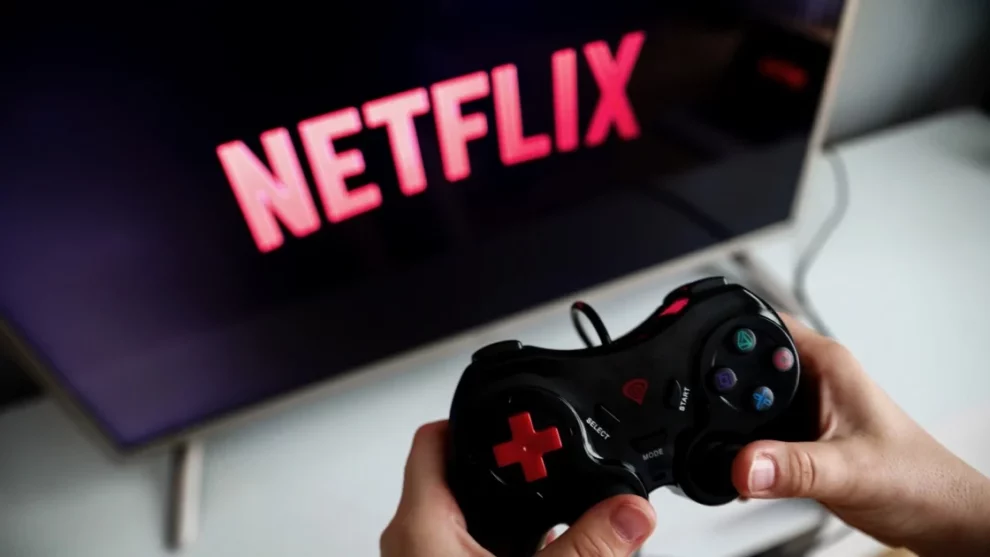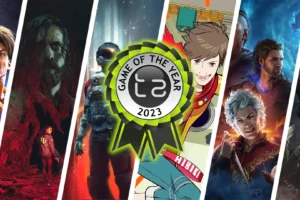Netflix’s gaming division is undergoing a dramatic transformation as Mike Verdu, former VP of Netflix Games, transitions to a new role as VP of GenAI for Games. This move comes in the wake of the company’s recent closure of Team Blue, its ambitious AAA game development studio, marking a stark departure from Netflix’s previous gaming strategy.
The transition represents a significant pivot in Netflix’s gaming ambitions, occurring just two years after the streaming giant made headlines by establishing Team Blue and recruiting high-profile industry veterans. The studio’s impressive roster had included former Blizzard executive Chacko Sonny as studio head, alongside prominent figures Joseph Staten from 343 Industries and Rafael Grassetti from Sony Santa Monica. These strategic hires had initially signaled Netflix’s serious intentions to become a major player in the gaming industry.
However, the studio’s closure before shipping any significant titles, coupled with the departure of its star recruits, has cast a shadow over Netflix’s gaming aspirations. Verdu’s response to these developments has been particularly noteworthy, characterizing the apparent setback as a “planned transition” while enthusiastically embracing the potential of generative AI in gaming.
In a LinkedIn post that has drawn both attention and criticism, Verdu painted an optimistic picture of AI’s role in gaming’s future, describing it as a “once in a generation inflection point.” His message, laden with industry buzzwords and ambitious proclamations, emphasized a “creator-first vision” where AI serves as both “catalyst and accelerant” for game development. The post has sparked debate within the gaming community, with many questioning the substance behind the rhetoric.
Verdu’s claims about Netflix Games’ achievements have faced particular scrutiny. His assertions about building “a robust internal game studio” and becoming a “world class publishing organization” stand in stark contrast to the recent closure of Team Blue and the departure of key talent. His reference to increased “game engagement by multiples” has also raised questions due to its lack of specific metrics or context.
The Netflix executive’s vision for AI in gaming draws parallels to the transformative period of the 1990s, which he characterizes as an era when groundbreaking games emerged “every few months.” However, industry veterans have questioned this characterization, suggesting it might be an oversimplification of gaming history. Verdu’s optimistic stance on AI technology comes at a time when the broader gaming industry grapples with both the potential and limitations of generative AI.
The timing of this pivot is particularly significant as it coincides with broader industry discussions about AI’s impact on creative industries. The ongoing SAG-AFTRA voice actors’ strike, now in its third month, highlights growing concerns about AI’s role in the entertainment industry and the need for proper protections for creative professionals.
Verdu’s enthusiasm for AI technology reflects a broader trend among major publishers investing in various forms of artificial intelligence. However, these investments have been met with skepticism from industry observers who note the lack of concrete examples of AI-driven gaming innovations. The focus on efficiency and potential cost savings has raised concerns about the technology’s impact on industry jobs and creative processes.
The irony of Verdu’s message was perhaps unintentionally highlighted by his post’s closing image – an AI-generated cityscape created using Microsoft’s tools. Critics pointed out the image’s generic nature and inconsistent details, viewing it as an inadvertent commentary on the current state of AI-generated content.
This transition at Netflix Games raises broader questions about the future of gaming development and the role of AI in creative industries. While proponents like Verdu see AI as a revolutionary force that will accelerate development and unlock new possibilities, skeptics point to the need for concrete demonstrations of AI’s capabilities beyond theoretical potential.
As Netflix repositions its gaming strategy around AI, the industry watches with both interest and caution. The success or failure of this pivot could have significant implications for how other major players approach the integration of AI technology in game development. However, the closure of Team Blue and the shift toward AI has left many wondering whether Netflix’s gaming ambitions are truly focused on innovation or simply following industry trends.
The coming months will be crucial in determining whether Netflix’s AI-focused gaming strategy can deliver on its promises or if it will join the growing list of overambitious tech initiatives that failed to live up to their initial hype. For now, the gaming community remains divided between those who share Verdu’s optimistic vision of AI-driven innovation and those who maintain a more skeptical stance, waiting for concrete evidence of AI’s transformative potential in gaming.
















Add Comment